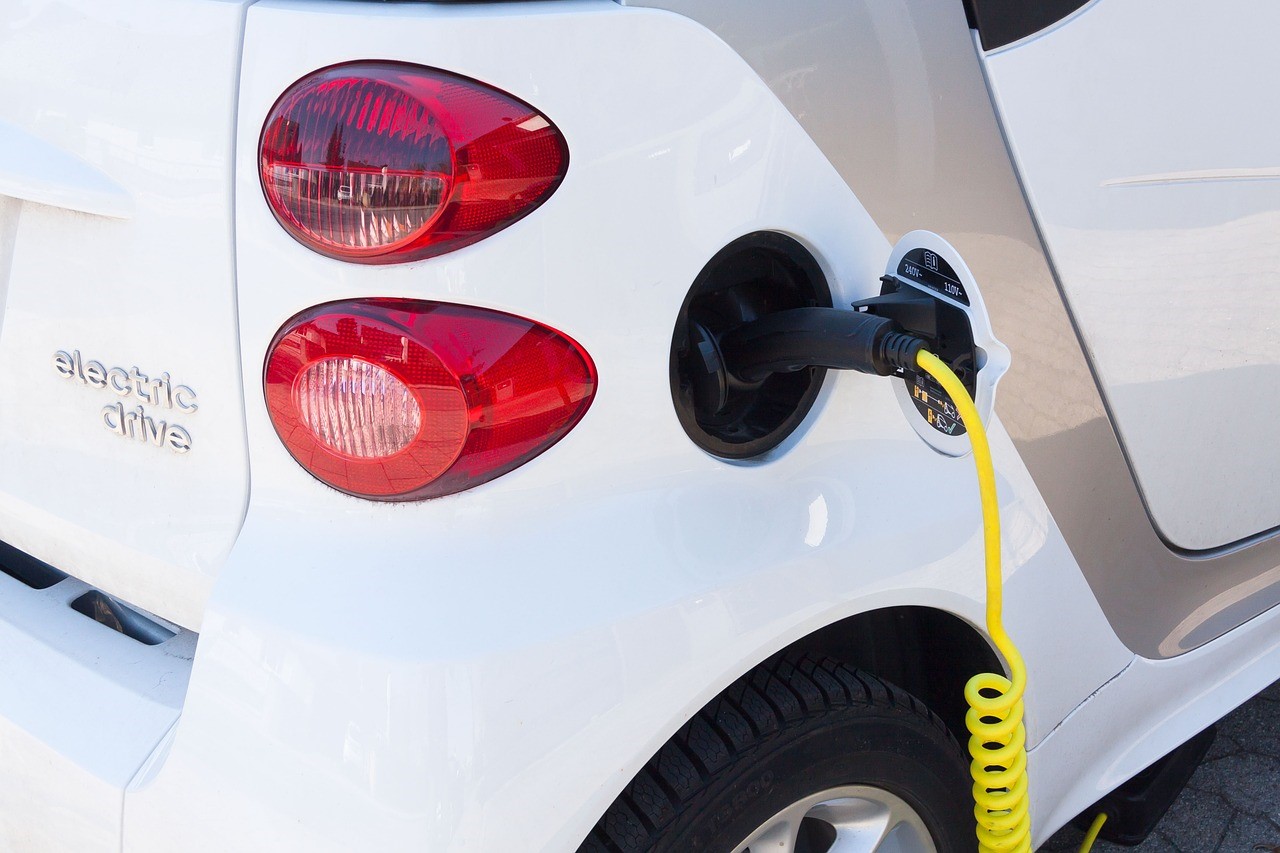Household Bills
Electric vehicle charge points at supermarkets double in two years

The number of electric vehicle charge points at supermarkets has doubled in the past two years, analysis reveals.
At the end of 2019, there were 1,115 electric vehicle charge points at supermarkets, up from the 542 installed from the end of 2017.
This is a 95% rate of growth, meaning supermarkets account for 6.5% of all the UK’s public charge points, according to RAC analysis of Zap-Map data.
The motoring group found that the number of stores offering charging facilities has also doubled with 608 supermarket sites now catering for battery electric and plug-in hybrid vehicles.
Between 2017 and 2019, 313 stores added chargers with, on average, two charging units being installed per site.
Asda has the greatest proportion of locations – 122 out of its 633 sites (19%) – while Morrisons comes in second place with 89 out of 494 stores (18%). Waitrose has 49 out of 349 stores with EV charge points, representing 14%.
Tesco has the highest number of stores with charge points at 142 of 3,961 stores, though as a percentage, it only represents 4% of all its locations. This is because it has a number of chains in town centre locations without car parks which skews the data, the RAC said.
Tesco has also added the highest number of charge points, adding 258 between 2017 and 2019, taking its total to 281. This means a quarter of all supermarket charge points are located in Tesco supermarkets. Asda has 228 but has only installed eight in the past two years.
Morrisons, Co-op, Lidl and Aldi have all also seen double-digit growth. Morrisons installed 83 charge points giving it 143 in total, Co-op 68 (88 in total), Lidl 48 (76 in total), Aldi 40 (72 in total), and Sainsbury’s 27, making for a total of 139 chargers.
When it comes to rapid charging, 15% of supermarkets provide this. Morrisons leads the way with 84 rapid chargers – 59% of its total number. Lidl is second with 48 of its 76 units while Co-op comes third with 16 of 88 chargers.
Melanie Shufflebotham, co-founder of charging point platform, Zap-Map, said: “It is very encouraging to see supermarkets increasingly embracing electric vehicle charging at their stores with a dramatic shift in the number of chargers being installed over the course of the last two years.
“Our research shows that while the majority of charging is done at home, most EV drivers use the public network more than once a month. While a robust rapid infrastructure across the country is essential for longer journeys, having charge points in supermarkets provides EV drivers an excellent way to ‘graze‘ energy while doing an everyday task.”
RAC spokesman, Simon Williams, said: “It is extremely positive to see the supermarkets making it easy for drivers to go electric. Having more chargers that are readily available will help to speed up the transition from petrol and diesel cars to electric ones.
“We have always said that it makes sense for people to be able to charge at supermarkets because anyone doing a full shop will inevitably spend 45 minutes in store. The UK’s big four supermarkets currently dominate fuel retailing so it will be very interesting to see if a similar battle will develop in EV charging.”
